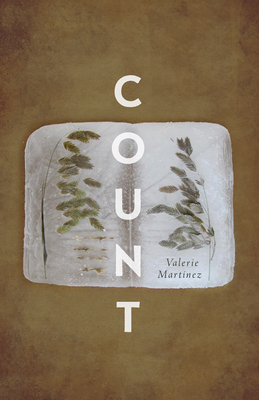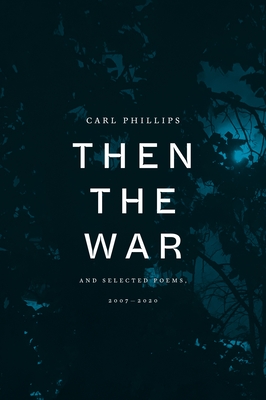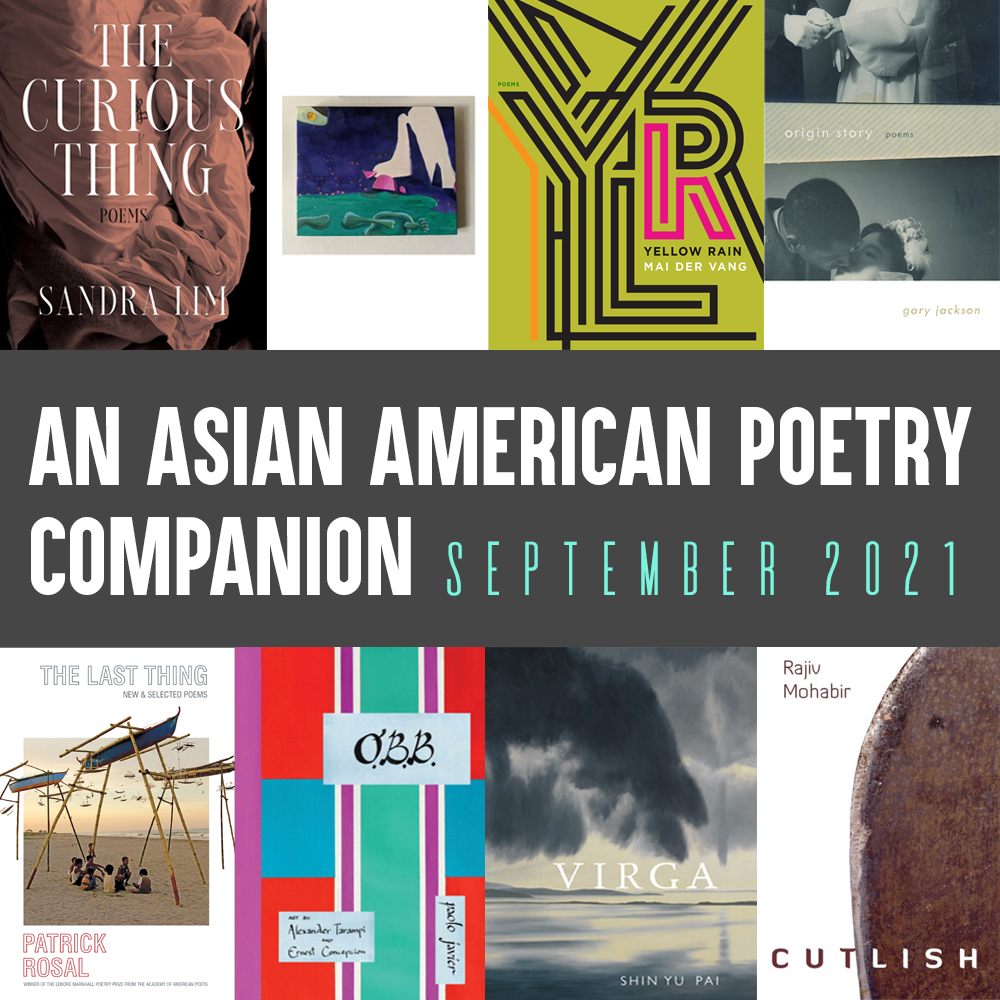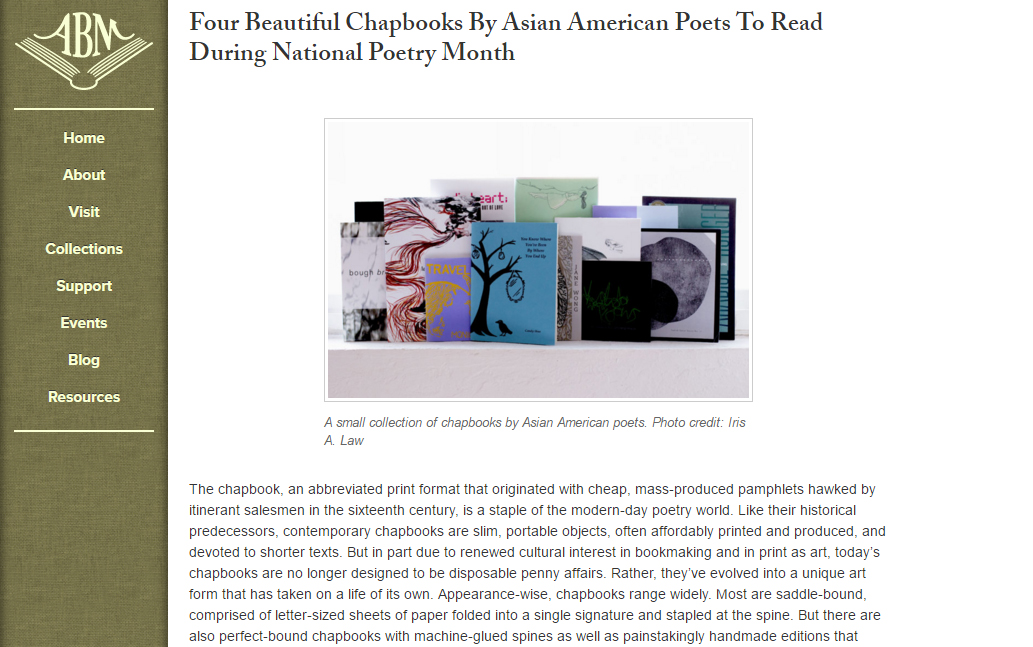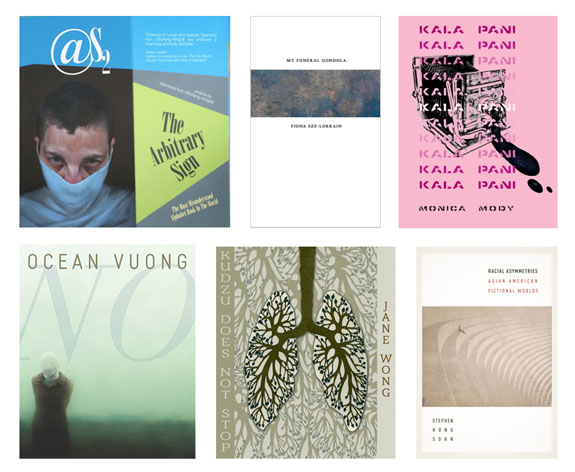
In yesterday’s post, we featured thirteen short reflections from past contributors and staff who talked about what LR has meant to them over the years. Today, we’re honored to share a longer meditation from former staff writer and Issue 4 contributor Monica Mody.
* * *
When Lantern Review invited me to join their team as a staff critic in 2010, there was so much I was yet to comprehend about the histories and the struggles of Asian America. I had only been in the United States for two years then, spent in the relatively sheltered environment of Notre Dame’s MFA program. Nonetheless, I had already been asked to explain why my English was so good (more than once), and had already costumed myself one Halloween with “oriental spices,” to interpolate a comment made in a class with postcolonial irony. That I would stay in the US for another year, I knew—having received a post-MFA writing fellowship endowed by Nicholas Sparks—but this did not presage a longer future in this country, nor predict how my own sense of self would get mediated by the complexity of identities I would come to hold here.
I remember writing to the LR editors, “I’m interested in the present, and how the present emerges out of pasts as well as a longing for the future.” And: “I’m interested in thinking about my “place”—or “places” or placedness-es—in the subculture of poetry.”
I remember firing a note to them in which I contested standardized spelling and formatting as “an exercise in perpetuating all kinds of hierarchies as well as needless homogeneity.” This mirrors a dissensus I recently had with another editor about reformatting poetic elements based on a style guide—each of us playing out, in a way, the perpetual debate between monists and dualists around form and content (see Natasha Sajé’s Windows and Doors: A Poet Reads Literary Theory). Is form, as the dualists claim, merely decorative? Is it, as the monists believe, inseparable from content? Style and meaning—surface and depth—dancing together, emerging through each other. Not flourish—not adornment—but style as sinew, the monists say—making up the body, making the walk of the body possible. In my foreign/postcolonial/woman’s body, I recognize a deep suspicion of attempts to flatten my strangeness/otherness out of me, even out of kindness. (The kinder attempts are more dangerous for failing to recognize what assimilating would steal away from the Other.) As a poet bringing in risky/weird choppiness transoceanically—first through the poetics of experiment and disturbance, now slanting wyrd in the way of an enchanted cosmology—I get particularly mutinous when faced with protocols to contain or regulate (defuse) my work.
The LR editors attended to my concerns, always, with patience and generosity, holding with care the messy and awkward processes of thinking nearby, of collaboration. They brought in love and meticulousness. They welcomed what did not fit. A couple years later, as something yet unknown and vulnerable was conjuring changes in my writing voice—terrifyingly ragged and unconcealed—they published this new work. Even later, Iris and Mia wished into existence and then built a granular community around literature in the Bay Area, in which I sometimes participated. We read our work to each other. We ate together. The work of writing happened as we made sense of our roots and rhizomatic lineages, physical and imagined translocations. This work is not possible in literary spaces shaped, often invisibly, by euro-white norms of derelationality.
In sum, Lantern Review’s thirteen-year tenure has contributed to creating a nonreductive ethic of Asian American poetry—I would say it has allowed American poetry itself to know itself more expansively, through its elsewheres.
But a brief excursus: for, the ideology of identity—as something fixed, stable, given, impermeable—has come to be at the root of so much conflict, violence. “Identity grows out of our interactions,” Gloria Anzaldúa writes. “We discover, uncover, create our identities as we interrelate with others and our alrededores/surroundings.” I have learnt to recognize myself within the category of “Asian American” in the context of my alien participation in America, becoming acquainted—to some degree—with the fears that characterize relations with the ‘other’ in the US. A fear of the foreign, fear of the other, diminishes the humanity of people of color, immigrant, diasporic, sexually subaltern subjectivities. Even in coalitional work between ourselves or with allies, the monolith fantasy sometimes takes over, any distinctions erased. Perhaps one way to take the power out of these colonizing frameworks is to revision the story of identity, freeing it, as Anzaldúa would say, from the snares of binaries and of “jaulas (cages) that limit the growth of our individual and collective lives.” How do we soften/melt what divides ‘us’ from ‘them’? Could one way be to recover the dimensions of our identity that see us as interconnected—in relationship not only with other humans, but also with other-than-humans—selfhood decentered, writes Suzanne Bost, through “networks of webs”—connected, ultimately, with our cosmic, holographic existence? Would something shift if we see ourselves as nested in a vast eyrie where myriad nonhuman, ancestral eyes gleam, always returning us home?
Perhaps, identity—a parabolic mirror—concentrating sunlight/energy—lights up, sets on fire what it focuses on. There are immense possibilities for transfiguration in the aftermath. Lantern Review, intensifying our focus on/through acts of writing and love, set us on fire, releasing our constituent elements. I am grateful to have been a part of its history. I am so glad LR was here, taking its place in the literary constellation.
* * *
Monica Mody is a transdisciplinary poet, educator and theorist working at the intersections of language, body, and consciousness through a post/decolonial purview. She is the author of KALA PANI (1913 Press) and a forthcoming collection BRIGHT PARALLEL (Copper Coin). Her three chapbooks include ORDINARY ANNALS (above/ground press). Her writing has won awards including the Sparks Prize Fellowship (Notre Dame), the Zora Neale Hurston Award (Naropa), and a Toto Award for Creative Writing. You can find it in journals including Poetry International, Indian Quarterly, Almost Island, Dusie, and The Fabulist; as well as in anthologies including The Penguin Book of Indian Poets and Future Library: Contemporary Indian Writing. Venues that have hosted her readings include Poetry with Prakriti, New Orleans Poetry Festival, Bengaluru Poetry Festival, Trauma and Catharsis Symposium on Performing the Asian Avant-Garde, Asian American Writers’ Workshop, UCSD New Writing Series, Delta Mouth, and Noise Pop. Mody was born in Ranchi, India, and lives in San Francisco (Ramaytush Ohlone territory). Find her at www.drmonicamody.com.
ALSO RECOMMENDED
Count by Valerie Martínez (U of Arizona Press, 2021)
Please consider supporting a small press or independent bookstore with your purchase.
As an Asian American–focused publication, Lantern Review stands for diversity within the literary world. In solidarity with other communities of color and in an effort to connect our readers with a wider range of voices, we recommend a different collection by a non-Asian-American-identified BIPOC poet in each blog post.
